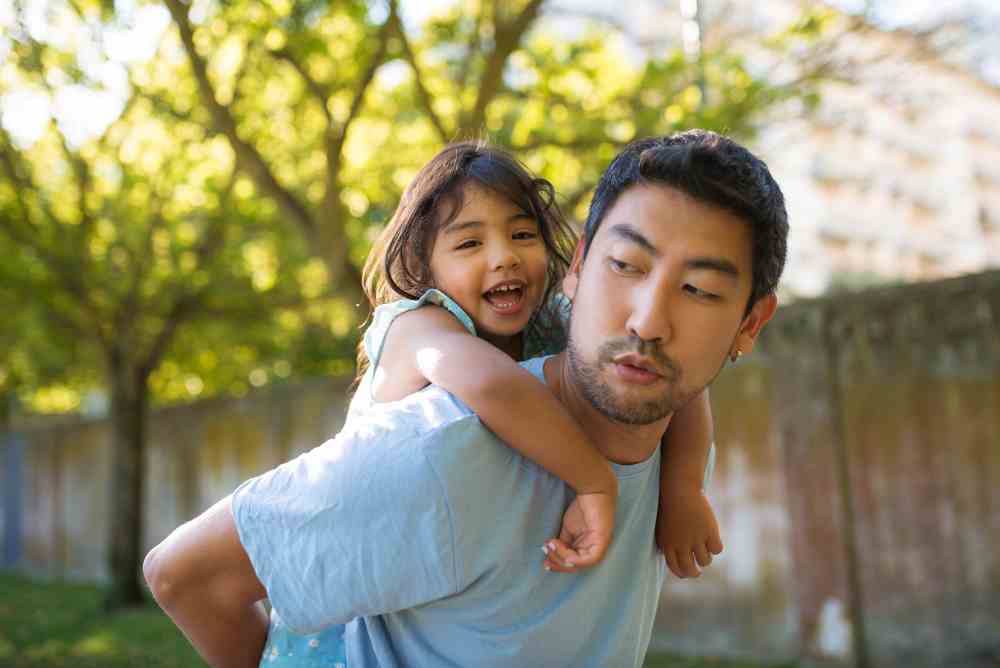Parenting habits have significant effects on your child’s development. Improvements in your kid’s physical growth are referred to as “development.” Changes in your child’s social, intellectual, behavioral, emotional, and communication skills are other factors. All of these areas of development are intertwined, and one is influenced by and reliant on the others.
You’re always learning as a parent, grandparent, or foster parent while parenting a child. It’s OK to be sure of yourself and what you want from your child. But sometimes, we do too much of everything and only listen to ourselves. We don’t care to listen to our children or learn about their needs and wants.
Let’s look at some parenting habits that can slow down your child’s development.
- Overdoing everything
- Let Kids learn things their way, do not do everything for them. Making things easy won’t help them in life. Instead, they should do small things like washing their plate and folding their clothes independently. Be their guide, not their assistant.
- Not Being Flexible with the Rules
Simple guidelines should be established based on your children’s maturity. While establishing the rules, you should assess their capacity to follow them. As your children become older, you’ll need to adjust the boundaries. Being to set in your ways with the regulations that have been in place for the past decade might lead to poor parenting; remain adaptable.
-
Not Setting Rules
Rules allow your children to be accountable for their actions. Your children will undoubtedly lack discipline if you overlook creating guidelines. They’d be terrified of going off on their own, or they’d misbehave if someone tried to draw a line later.
-
Constant yelling
Screaming at your children, yelling at them, and occasionally threatening them – these poor habits can make you feel unapproachable to your children. As a result, they may remain silent and inflexible, believing you have just lost control, and they may eventually begin to ignore you.
-
Comparing and criticizing
Do not compare your children to other children; do not publicly shame your children – all of these things can have serious consequences. Child shaming is a terrible parenting method. Your youngsters may become demotivated and lose interest in doing things independently.
-
Being a Friend Before Being a Parent
You aren’t a pal; you are a parent. And that’s exactly what your child requires and desires from you. You can’t be a friend and tell your kids what they can and can’t do at the same time. Teachers, providers, leaders, and disciplinarians are all roles that parents must play. That’s natural because children rely on their parents to look after them. It’s never fun being the enforcer of the rules, especially when you only get a few hours with your child each day. Regardless of what they say or how often they tell us that all their friends’ parents are more fun than we are, children want parents to be in charge.
-
Not Listening Enough
Listening is a far more effective method of assisting your child with problem-solving and decision-making. After all, these are crucial life skills that require practice to improve. Rather than telling your child what to do in a particular situation, sit down with them and ask what they want to happen in the end. Pay attention to your child’s emotions and moods. Listen to and learn about the challenges and successes that you face daily. Then inquire about your child’s ideas for getting to that objective. This brainstorming session allows your child to explore options while also providing you with a better knowledge of how your kids feel and think.
![]()











